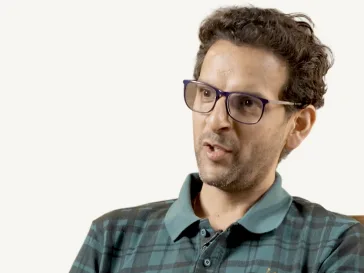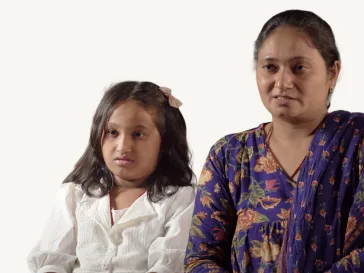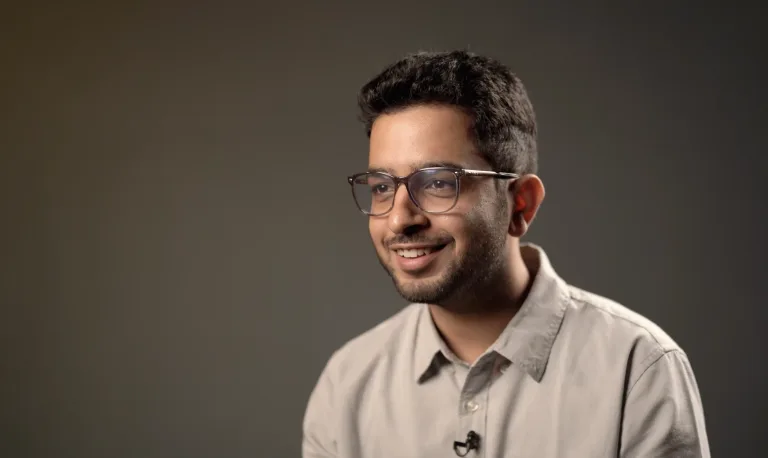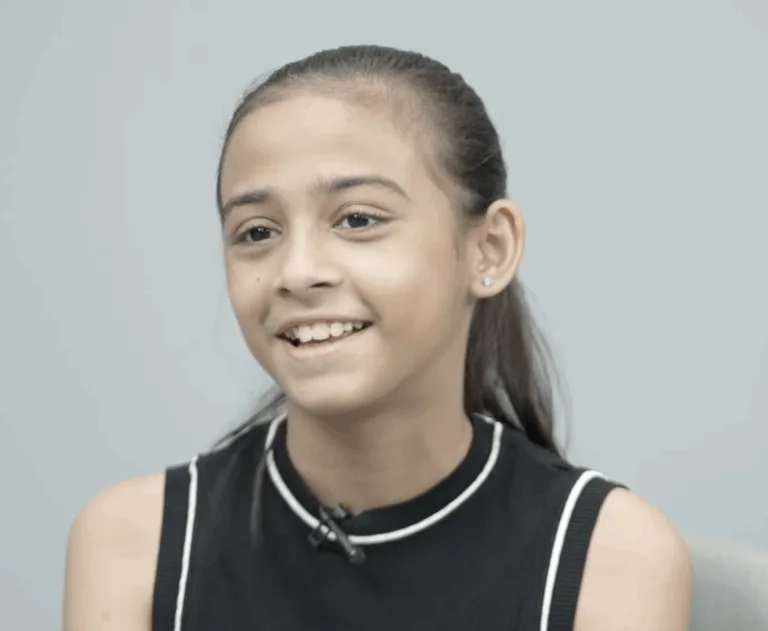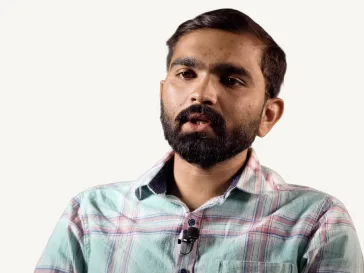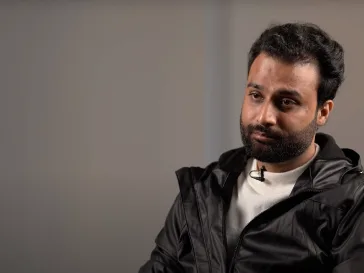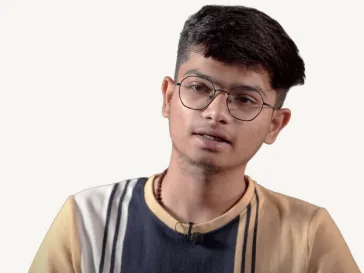Kashipur, Uttarakhand, India — Ashish Agrawal, a 36-year-old wholesale dry fruits and spices businessman, represents a significant segment of patients grappling with chronic, debilitating conditions that elude sustained resolution within conventional medical frameworks. His prolonged battle with recurrent pancreatitis, marked by escalating pain and the diminishing efficacy of standard interventions, ultimately led him to Padaav Speciality Ayurvedic Treatment Center, where a different paradigm of care offered a path to long-sought stability.
The Abrupt Onset and a Cascade of Crisis
Agrawal’s ordeal began abruptly in May 2022, during what was intended to be a family trip to Vrindavan. A sudden, unfamiliar pain in his upper abdomen intensified rapidly, forcing an immediate halt to their journey. Initial remote consultation, driven by cardiac concerns, led to an urgent diversion to a hospital in Noida.
At the hospital, cardiac issues were ruled out, but the pain persisted, stubbornly unresponsive to standard painkillers. Agrawal noted the alarming lack of efficacy, recalling being told he achieved “2% 3% ऐसे बोल रहे थे ये कि बस इतना ही आराम है मुझे” (only 2-3% relief). A surgeon at Kailash Hospital in Noida subsequently diagnosed pancreatitis, a diagnosis confirmed by ultrasound and CECT revealing Acute Necrotizing Pancreatitis. Admitted for 13 days, Agrawal received aggressive intravenous antibiotics, including a high-potency injection costing approximately ₹10,000 per day, yet he observed minimal effectiveness.
The Unpredictable Cycle: Chronic Recurrence and The Search for Answers
The initial attack was followed by a second, equally severe episode on October 5, 2022. Despite a period of perceived recovery, Agrawal’s condition recurred with brutal force, marked by surging Amylase (1660 IU/L) and Lipase (9900 IU/L). This episode confirmed acute on chronic edematous pancreatitis. The pattern exacted a heavy toll: Agrawal experienced precipitous weight loss, dropping 18 kg (from 85 kg to 64 kg), and faced constant fear of recurrence, as his condition continued to recur despite conventional treatments. He noted the frustration of a “settled life” being abruptly interrupted, driving him to emergency rooms for temporary pain relief.
His weight depletion, coupled with restricted movement, signaled a body under severe strain. His father, actively managing the family business, shielded Agrawal from stress, recognizing the critical need for rest. Agrawal, responsible for the digitized aspects of his wholesale dry fruits and spices business, found his work severely disrupted, necessitating a slow and gradual return to routine. By his third attack, on October 23, 2022, revealing acute on chronic pancreatitis, he and his wife, Smriti, felt “completely given up” on finding a lasting cure within existing paradigms.
The Decisive Pivot: A Trusting Turn to Padaav
It was at this critical juncture that a family acquaintance, Keshav Agarwal, who had successfully found relief for a similar pancreatitis issue at Padaav, strongly recommended the Ayurvedic center. While Agrawal harbored initial skepticism about Ayurveda, comparing it to the perceived authority of conventional doctors, the sheer helplessness following his third attack compelled him to reconsider. The persistent encouragement from his family member ultimately solidified their decision. (Readers interested in Keshav Agarwal’s journey can find his full story on our website.)
Their arrival at Padaav on November 3, 2022, immediately challenged existing preconceptions. Agrawal had anticipated a traditional, even rudimentary, setting, expecting a “वैद जी हैं तो वो पुराने से खाट डाल के बैठे हुए होंगे और हुक्का हुक्का पी रहे होंगे” (a Vaidya sitting on an old cot, smoking a hookah). Instead, he discovered a facility resembling a “mini resort,” designed to make patients feel like family members rather than mere cases. Despite being in pain upon arrival, he was immediately placed in a comfortable room.
Padaav’s Protocol: A Systemic Approach to Healing and Restoration
The core of Agrawal’s treatment at Padaav involved a meticulously structured protocol. Within two days, his antibiotics and painkillers were discontinued, a significant departure from his previous aggressive regimens and a testament to the initial trust placed in Padaav’s approach. Over the following four to five days, he began to feel a gradual recovery. The staff’s consistent motivational messages, assuring him that “यहां से जितने भी गए हैं सब सही होकर गए हैं और आप भी सही होकर जाओगे” (everyone who has come here has recovered, and you will too), provided critical psychological support.
A pivotal shift was in the dietary approach. Having been restricted to liquid diets in previous hospitalizations, Agrawal was both surprised and relieved to be offered solid, nourishing food, including butter and cream, from the outset. This initial inclusion of calorically dense and comforting foods, previously deemed forbidden, marked a profound psychological and physiological turning point. Meals were regular, varied, and included items like idli-sambar, specifically designed to stimulate appetite and provide wholesome nutrition.
The Padaav protocol also emphasized a rigorous daily routine: sending detailed reports of daily diet and vitals via email. This process not only kept the Padaav team constantly informed but also instilled a strong sense of personal responsibility and adherence in Agrawal. Smriti, already conversant with traditional Ayurvedic-aligned lifestyles, was instrumental in adapting the prescribed diet at home, integrating millets like Ragi for desserts and using homemade butter or mustard oil for cooking.
The program also included an initial four-month rest period post-discharge. This directive, though challenging for a businessman, was presented by Vaidya Balendu Prakash as essential for comprehensive healing, emphasizing that sacrificing work temporarily was an investment in long-term health, preferable to continuous illness.
Arresting Progression: A Sustainable Outcome and Reclaimed Life
The dedication to this new lifestyle and treatment yielded remarkable results for Agrawal. The pattern of debilitating pain and recurrent hospitalizations ceased. While minor digestive issues, such as acidity, occasionally manifest, they are readily managed, and the intensity of pain has dramatically reduced to merely 10-20% of its former severity.
A year after completing his initial treatment course, Agrawal underwent an MRCP comparison test at the same facility where he had been first diagnosed. To his astonishment, the results indicated his pancreas was “बिल्कुल नॉर्मल” (absolutely normal). The sonologist, reportedly confused by the change, conducted an unprescribed ultrasound for their own records, their surprise evident. Agrawal’s amylase and lipase levels, which had surged to 8000-10000 during his severe attacks, had normalized. His current weight is 62kg. (Disclaimer: Padaav’s treatment focuses on stopping the progression of pancreatitis and managing symptoms. While individual patient reports may show improvements, Padaav does not promote that MRCP reports will become completely normal.)
This outcome fundamentally shifted Agrawal’s perspective on chronic pancreatitis. He now views it not as an “incurable” ailment, but as a “lifestyle problem” that, with the right approach and consistent adherence, can be managed effectively. His body, he notes, feels energized, and his immunity has improved, with rare instances of fever or cough. He attributes this to the natural healing properties of the prescribed regimen.
Agrawal’s case underscores several critical elements in the successful management of chronic and recurrent conditions:
- Integrated, Patient-Centric Care: Padaav’s methodology provides a structured approach combining personalized Ayurvedic medication, precise dietary regulation, and lifestyle modification, extending beyond mere symptom management to foster holistic well-being.
- Empowerment Through Education and Adherence: The rigorous daily reporting system fostered accountability, while the consistent encouragement from staff and peers created a supportive ecosystem for deep-rooted adherence.
- A Complementary Solution: Agrawal’s narrative highlights the potential for alternative medical systems to provide effective, long-term solutions when conventional approaches face limitations in addressing chronic, recurrent conditions.
- Psychological Transformation: The profound shift from despair and physical depletion to renewed confidence and a functional life is a significant outcome, enabling patients to reclaim their professional and personal trajectories.
Today, Ashish Agrawal represents a compelling case of resilience and successful chronic disease management. His family, now fully adopting the Padaav-prescribed lifestyle, underscores the positive ripple effect of such interventions. His journey provides a powerful data point for the ongoing discussion about expanding the scope of effective healthcare solutions for complex, chronic ailments, emphasizing the significant impact of a patient-centered, comprehensive approach.

